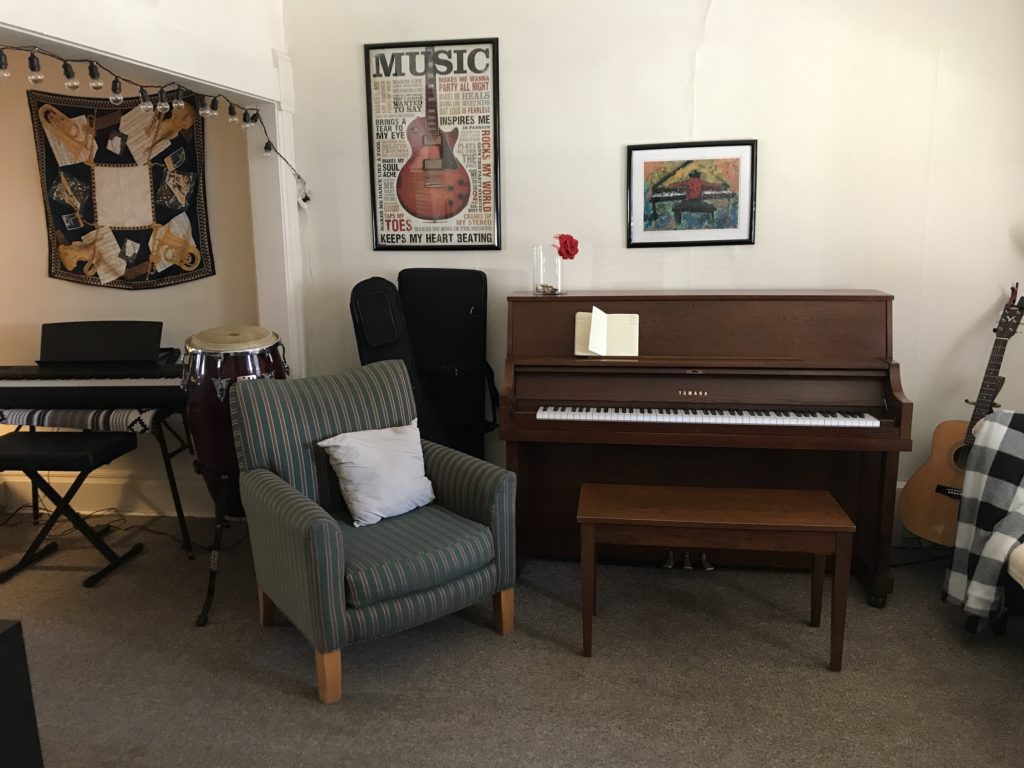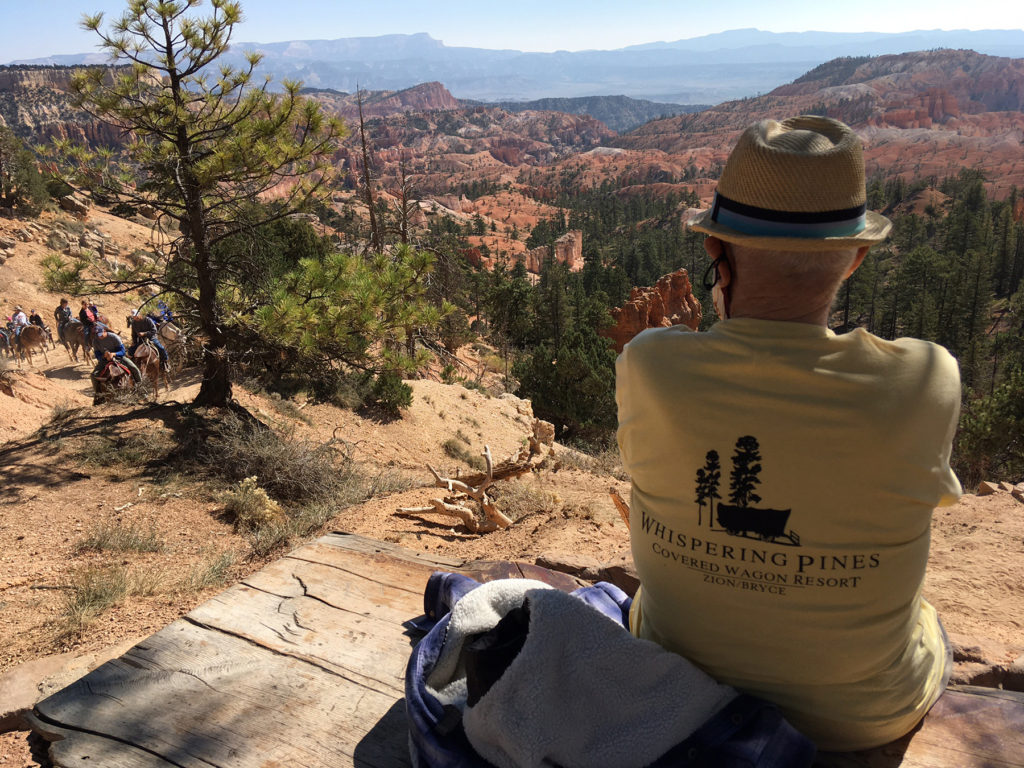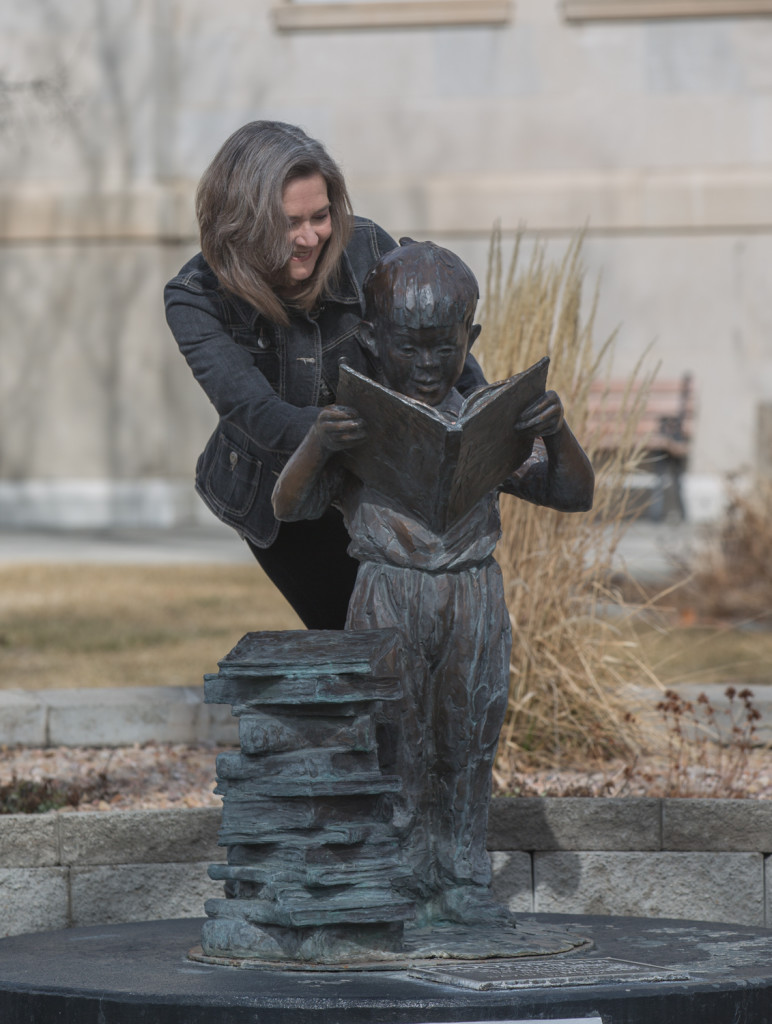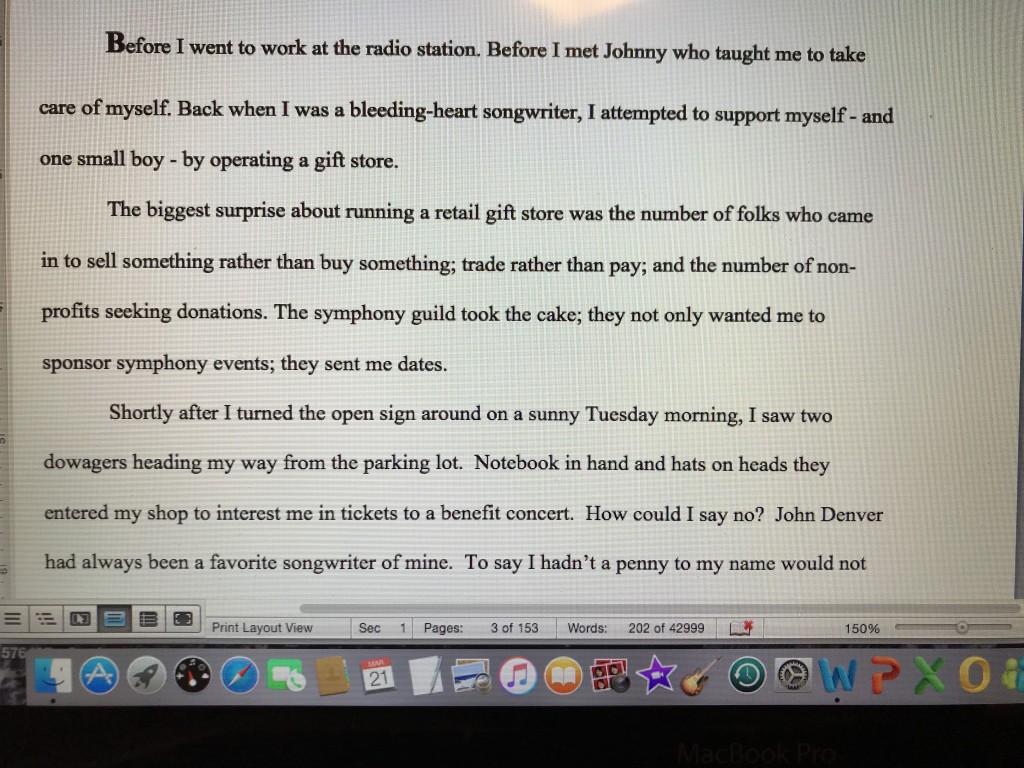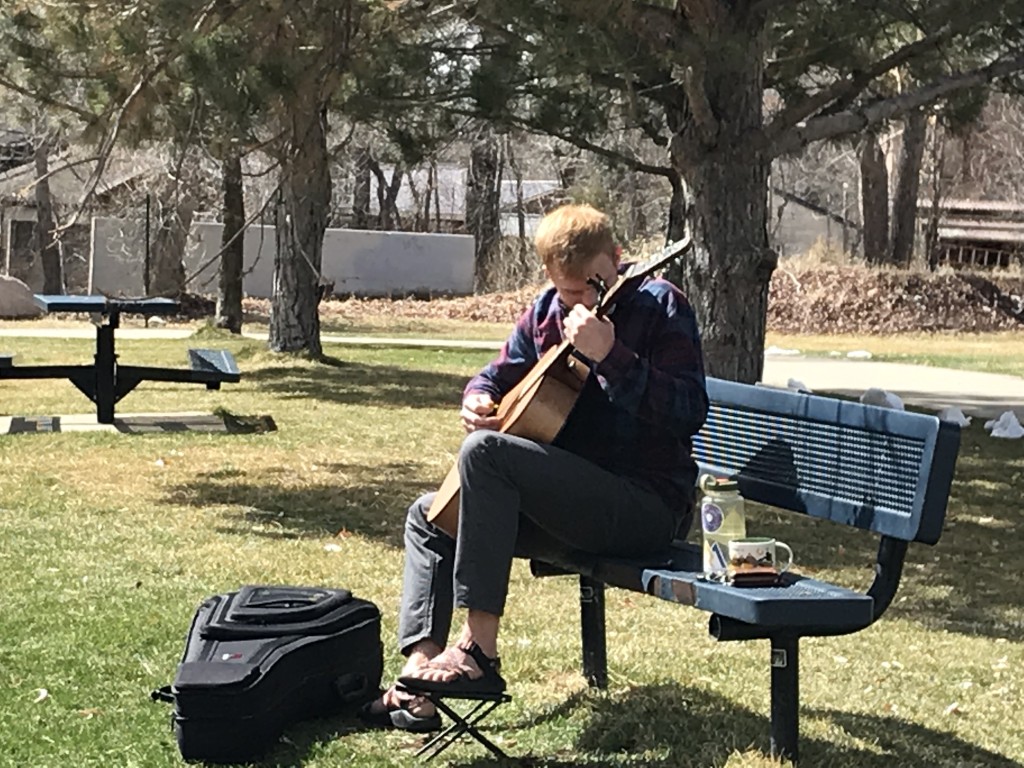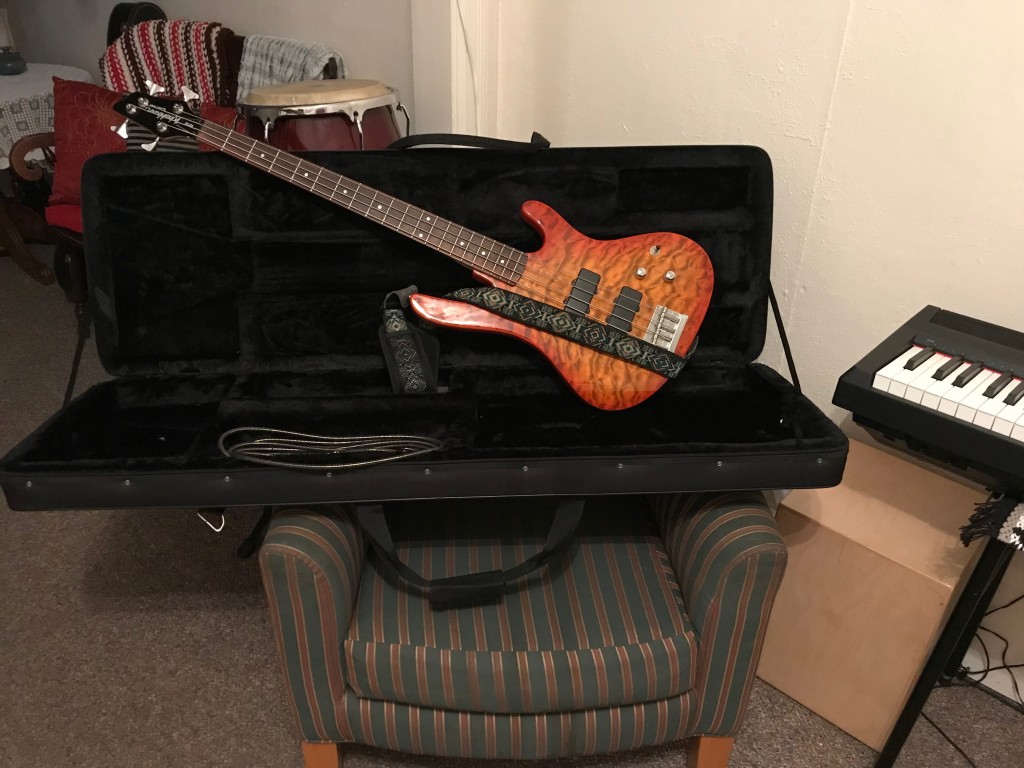There’s been a noticeable uptick in creative output at her house. A flurry of lyric writing. Sheets of ragged edged parchment stacked against the music shelf. It is contagious. The rise in rehearsal and songwriting is not limited to one person and one wooden piano bench. Voices sing spontaneously again. A mandolin is pulled from a gig bag and strummed. The electric piano and headphones are in use before dawn, the acoustic and authentic strings at midday, the electric bass at high noon. Collaboration happens. All this. All this because a rule was broken and she had to ask for help.
She has a life-long rule of independence. It stems partially from an inherent abhorrence of asking for help. She chokes on the words. She would rather do it herself than outright ask for helpers. When one recruits helpers there is risk. Risk of rejection. The potential helpers may say no. The potential helpers may be balky and grumble the entire time they are assisting. The helpers may resist instruction and insist on doing it their way. After all, if you want something done right, you have to do it yourself! For the most part, independence is a good thing. One needs to self-actuate, to take responsibility for one’s own future, not to expect others to make all decisions and take care of you. Independence can be the opposite of unhealthy co-dependence. So yes, let’s hear it for independence. But what of community? What of interdependence? Fiercely, fiercely, because she is not perfect and she has scars, she insists on independence.
She is 5’4”and she is 67 years old and she has rules. She must be able to move all her possessions by herself. That way she is not beholden to anyone. The bed frames fold up. The table folds down. The chairs fold up. The bookshelves look classy, but they are compact, collapsible. No matter how many trips or steps she has to take, she can move them herself. She has been successful at keeping this rule for 14 years – with one exception. Her beloved piano. It has wheels. It is of moderate size. She can move it all around the living room and all around the house by herself, but she cannot move it across the threshold and into a transport vehicle without help. So last weekend, she had to capitulate. In order to bring that one final treasure into her house, she had to ask for help – nay, beg for help. Some helpers are more willing than others. Some parts of the project are easier than others. Loading the piano was a challenge. Driving the truck was normal. Unloading the piano at destination was carried out with ease. You see? That’s the trouble with asking for help. One never knows how the thing is going to turn out. Everyone who asks has to weigh the risks. Everyone who agrees to participate has to weigh the risks. Even when moving a piano, the risks are not always physical. The first emotional risk is rejection, the second is that of not being in control, and the big one for her is loss of her prized feeling of independence. But do the risks outweigh the positive outcome? You be the judge. The piano makes the house a home. Guests and residents linger in the warmth of the living room. Solitary rehearsals are long and satisfying. Once again the confining, inhibiting, restricting rule-laden lid has been pried from the roof of creativity.
